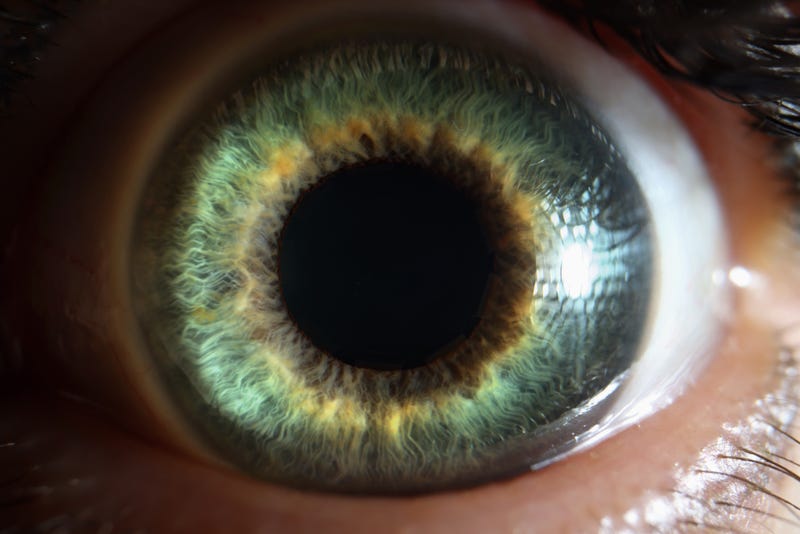NEW YORK (1010 WINS) -- On this episode of "Your Weirdest Fears," host Larry Mullins sits down with Professor David Tolchinsky. As the founding director of Northwestern University's MFA in Writing for Screen and Stage program and a filmmaker himself, he provides some excellent insight as to where humanity’s fascination with the eye came from, as well as what the fear of eyeball trauma says about personal desires.
What you need to know:
• In 2020, the American Academy of Ophthalmology found that an estimated 2.4 million eye-related injuries occur annually. In fact, basic household tasks such as repairs, yard work, cleaning, and cooking caused more than forty percent of eye injuries.
• Household cleaning supplies such as bleach cause upwards of 125,000 injuries a year.
• Another forty percent of eye injuries were found to be related to sports or recreational activities.
• More than 2,000 individuals injure their eyes at work each day.
• Ten to twenty percent of work-related eye injuries cause temporary or permanent vision loss.
• Nearly eighty percent of individuals who get injured aren’t wearing protective eyewear at the time.
• Ommetaphobia is the fear of eyes. It develops when someone has a bad situation or traumatic event occurs in their life involving eyes (i.e., seeing an eye pop out of the socket, getting hit in the eye, going blind in an eye, etc.).
• It’s considered a social phobia because it involves social situations (i.e., looking into someone’s eyes, touching your eyes, things getting into your eyes, etc.).
• Since the dawn of film, eyeball trauma has appeared as a consistent theme.

What the experts are saying:
• Professor David Tolchinsky believes that those who are afraid of eyeball trauma may subconsciously believe in the old expression that “the eyes are windows to our souls.”
• If that is the case, those afraid of eyeball trauma may have a deep fear of “being obliterated.”
• Professor Tolchinsky also believes that the idea of eyeball trauma dates back to Freud and the concept of sexual desire.
• Says stories - and especially horror movies - that have eye injuries usually also have a sexual component to the plot (“Oedipus,” “Peeping Tom”).

